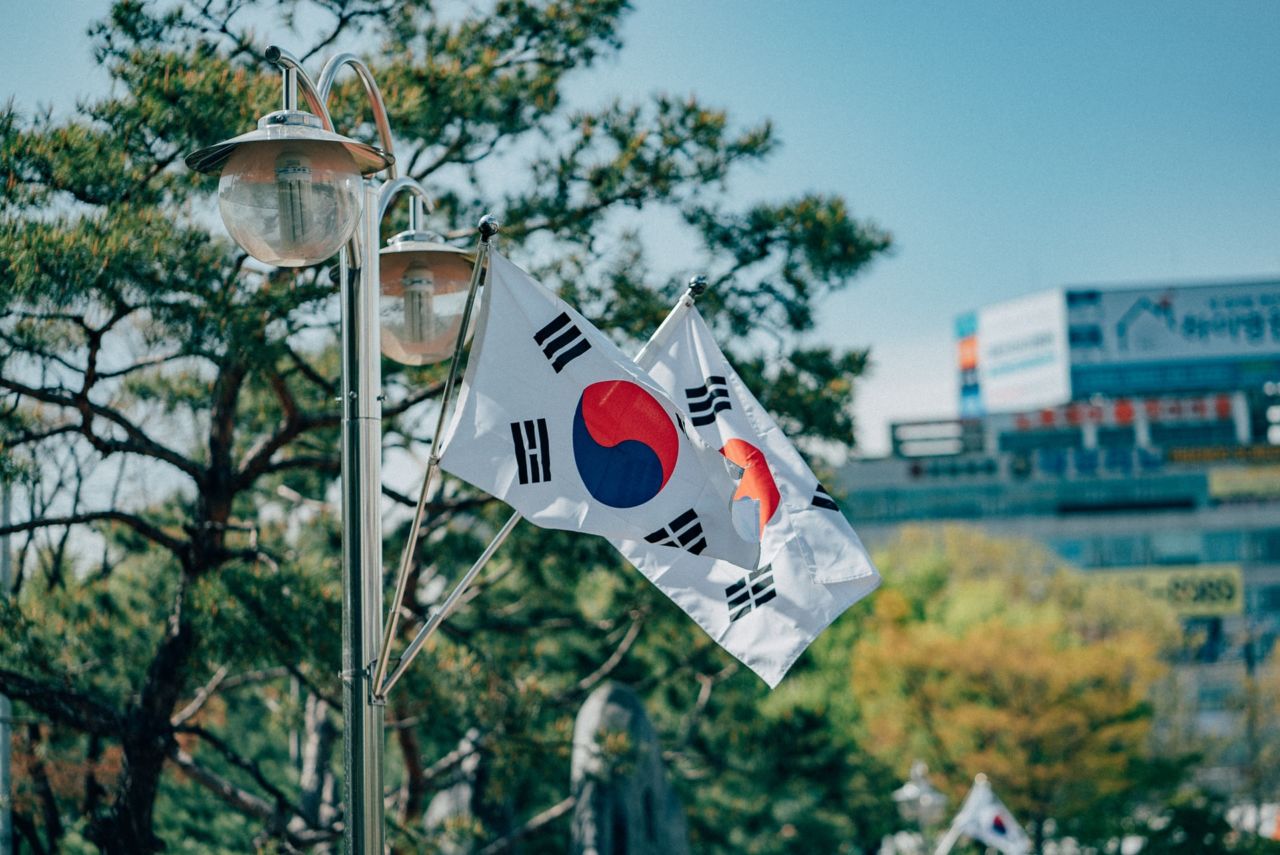Hanguk Hwaiting!
In the race toward sustainability, South Korea seems poised to take the lead.

It’s a relatively good time to be a player in South Korea’s petrochemicals scene, right now – in spite of the economic downturn caused by the COVID-19 pandemic still raging on, the country seems to be recovering well.
In fact, South Korea reported that its petrochemical exports rose by a staggering 94.9% year on year earlier in May, and enjoyed a 6.3% increase year on year in June, for crude imports.
As it stands, however, these good times may not last. The Korea Disease Control and Prevention Agency (KDCA) recently reported a sharp increase in South Korea’s coronavirus cases – worrying news for a country now battling its fourth wave of infections, alongside new virus variants. As of 5 August, the KDCA reported South Korea’s first two cases of the new Delta Plus COVID-19 variant, a sub-lineage of the Delta variant.
While this could likely affect the country’s crude imports, a growing focus on renewable energy could also be a much-needed boost for the industry.
Earlier in July, the South Korean energy ministry announced the signing of a 20-year liquefied natural gas (LNG) supply agreement with Qatar, starting in 2025. Said the ministry: “This long-term contract is considered to have favourable contract conditions, which would help stabilise LNG supply as well as to significantly drop fees.”
The agreement was signed by His Excellency Mr. Saad Sherida Al-Kaabi, the Minister of State for Energy Affairs, the President and CEO of Qatar Petroleum, and Mr. Hee-Bong Chae, the President and CEO of Korea Gas Corp (KOGAS).
According to the agreement, this means that the state-run Korea Gas Corp (KOGAS) will buy two million tonnes of LNG annually from Qatar Petroleum.
His Excellency Mr. Al-Kaabi said: “We are both proud and delighted to continue to serve as a major LNG supplier to KOGAS and the Republic of Korea. [The] agreement is another step in the historic partnership journey between Qatar Petroleum and KOGAS, which we hope to take to new heights.”
Already the second-largest LNG-importing country in the world, South Korea’s drive to further its LNG agenda would be a good way to ensure that it stays at the forefront of this growing trend, while remaining true to its goal of reaching carbon neutrality by 2050.
Betting on hydrogen
South Korean refiners have been eyeing hydrogen with increasing interest, as the country bets big on the energy source. In fact, its hydrogen industry is set to nearly double in size, from KRW 14.1 trillion to KRW 26.8 trillion by 2030.
In 2019, the South Korean government rolled out a comprehensive Hydrogen Economy Roadmap, outlining ambitious goals to further integrate hydrogen use in the country – such as aiming to supply 15 gigawatts of fuel cells for power generation – by 2040.
To achieve its lofty goals, the country has plans to build a hydrogen industry hub – slated to be the largest in Northeast Asia – in the city of Ulsan. Upon its completion in 2022, the hub will comprise of three main areas: A hydrogen industry base district focused on producing hydrogen fuel cells; an electrogene auto factory for manufacturing hydrogen-fueled electric vehicle parts and supplies; and a research and development business center.
Other South Korean companies are also investing in hydrogen, and partnering up with other players in the Middle East: GS Energy has signed an agreement with ADNOC to develop blue hydrogen and ammonia in the UAE; and Hyundai Heavy Industries Holdings (HHIH) signed a memorandum of understanding with Saudi Aramco to work on blue hydrogen and ammonia projects.
Where South Korea currently stands is optimal for growth in the hydrogen industry, and it is likely that the country may very well take the lead in the race toward embracing and employing renewable energy sources such as this.